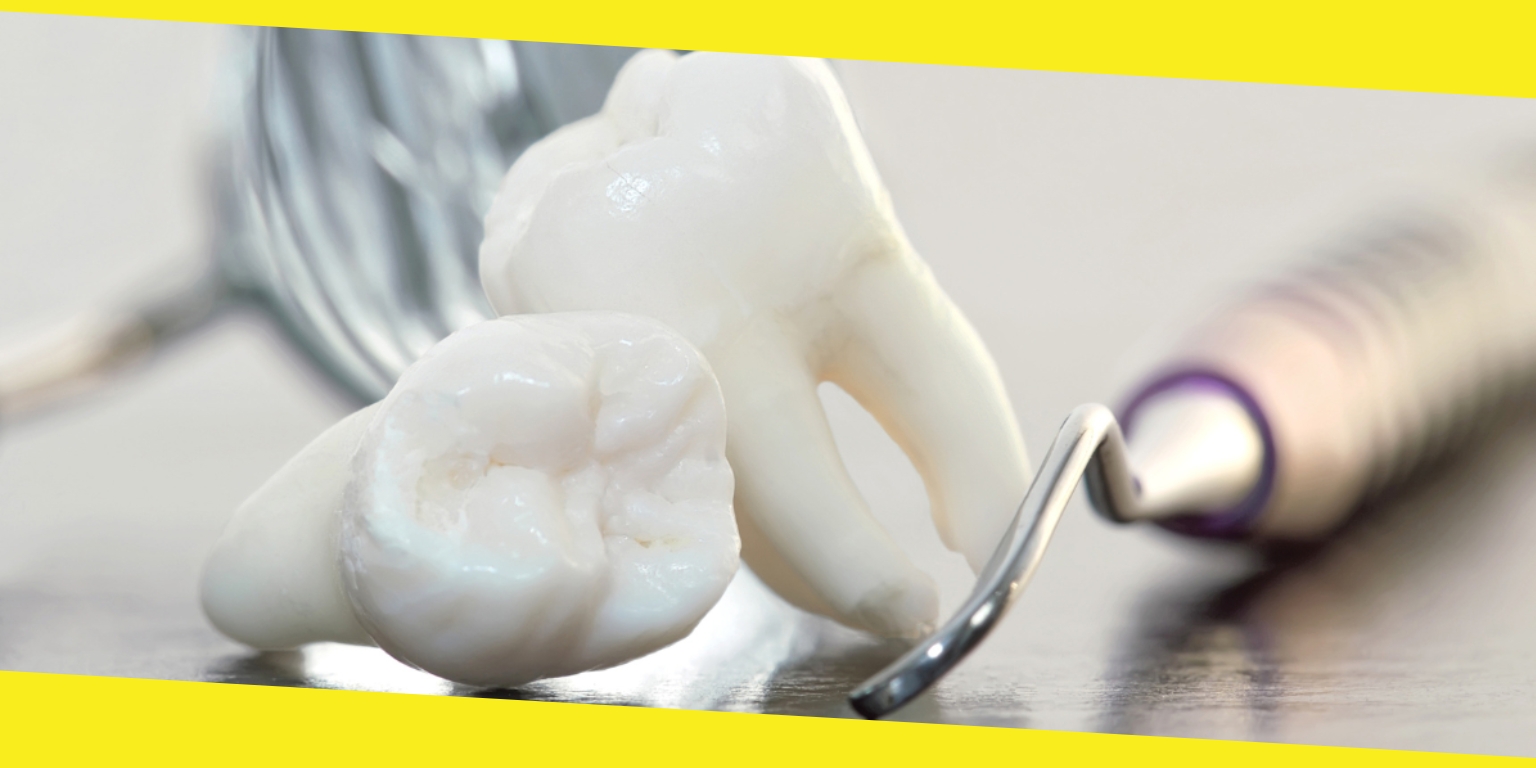Wisdom Teeth Removal: When Is It Necessary?

Your third molars, also known as wisdom teeth, are the last set of your teeth to erupt. Their emergence is a major dental milestone that typically occurs between the ages of 17 and 21, when a person is considered more mature and wise. Hence, the name “wisdom teeth.”
If your wisdom teeth develop properly and have enough space to grow, they can assist in chewing and won’t cause problems. However, if they can’t emerge in the correct position or if there is not enough room for them, they can cause various issues, such as impaction. This can be excruciating and may require their extraction.
It is essential to understand the correct time for wisdom tooth removal and how the extraction process happens. Here are some things you need to know about your wisdom teeth and why your dentist may need to extract them.
Contents
ToggleCommon Wisdom Teeth Misconceptions
There are many misconceptions surrounding wisdom teeth and the process of removing them. While most people know someone who has gone through the procedure, many still misunderstand several facts about the third molars.
You can ignore the pain.
Contrary to popular belief, wisdom teeth can continue to develop well into adulthood. Additionally, many people assume that the pain and discomfort associated with their growth are normal and should be ignored. However, this is not the case. If you experience pain or discomfort in your jaw or headaches, it is important to seek dental attention as it could be a sign of impacted wisdom teeth. Ignoring this pain can lead to serious complications such as tooth loss or the need for braces.
You won’t need wisdom teeth removal when you’re an adult.
Another myth in constant circulation is this: wisdom teeth removal is only for teenagers. However, adults can also experience problems with their wisdom teeth and may require extraction. Both teenagers and adults must take any discomfort or pain associated with wisdom teeth seriously.
No wisdom tooth left behind.
Lastly, some people believe that all four wisdom teeth must be removed. Sometimes, it isn’t always necessary. Some people may not even have all four wisdom teeth, while others may only need one or two extracted. The best action is to consult with your dentist and address any discomfort or pain as soon as possible. If the tooth is not causing any problems, it is best to leave it be.
When it comes to wisdom teeth, staying on top of their development and potential issues is crucial. Experts recommend visiting your dentist as soon as you suspect a wisdom tooth emerging; they can determine if its growth will affect your other teeth and if removal is necessary.
When Do You Need To Have Your Wisdom Teeth Removed?
While some discomfort and minor inflammation may be normal during the eruption of a wisdom tooth, extraction may become necessary if they become impacted.
Here are some signs that indicate you may need to have your wisdom tooth removed:
Extreme Pain
Experiencing discomfort and slight pain is common with impacted wisdom teeth. However, you must seek dental attention when the pain becomes extreme and unbearable.
Infections
Bacteria can cause infection in the gums surrounding an erupting wisdom tooth. Signs of infection include pain, swelling, and the presence of pus. If left untreated, wisdom tooth infections can lead to complications such as cellulitis or bacterial infections of the cheek, tongue, or throat.
Gum Disease
Impacted wisdom teeth can damage the gums and bones that support and surround the teeth, leading to inflammation and gum disease. This can cause the gums to pull away from the tooth, causing bone and tooth loss.
Gum Abscess
An abscess may occur when cavities develop in the crevice created by an erupting wisdom tooth. It’s important to address dental caries as soon as possible to prevent infections and abscesses.
Wisdom Teeth Extraction: How It Happens
The wisdom tooth extraction procedure typically happens in a dentist’s office. However, if the tooth is severely impacted or requires a more complex extraction, you may need to consult an oral surgeon. Dentists typically use a local anesthetic to numb the area surrounding the tooth. Then, they move the tooth around to widen the socket before removal. Sometimes, they may make small incisions in your gums or break the tooth into smaller pieces to make the extraction easier.
Wisdom Teeth Extraction: Aftercare
According to a known Durango dentist, aftercare for wisdom teeth extraction is essential for a quick recovery. Restricting physical activities, avoiding touching the wound, and carefully rinsing the mouth are all things to keep in mind. Your dentist can also provide instructions on what to avoid after the procedure and discuss any potential costs. You should expect swelling, discomfort, and mild bruising after the procedure. However, you should visit your dentist if these symptoms persist for more than two weeks.
Key Takeaway
Wisdom teeth, also known as third molars, can cause various problems if they do not develop correctly or if there is not enough room to emerge. You should visit your dentist as soon as you suspect them emerging to see if they need to be removed.
Some signs you may need a wisdom tooth extraction include extreme pain, infections, gum disease, and gum abscesses.
Dentists typically perform wisdom tooth extractions in their office, and you must practice proper aftercare for a quick recovery. Return to your dentist if pain and discomfort persist for more than two weeks after the surgery.
Recommended For You
CBDfx CBD Oil: An In-Depth Review and Product Analysis
Most Inside
Most Inside offers high-quality recommendations and valuable updates to enhance all aspects of your life, providing premium guidance and enriching experiences.




